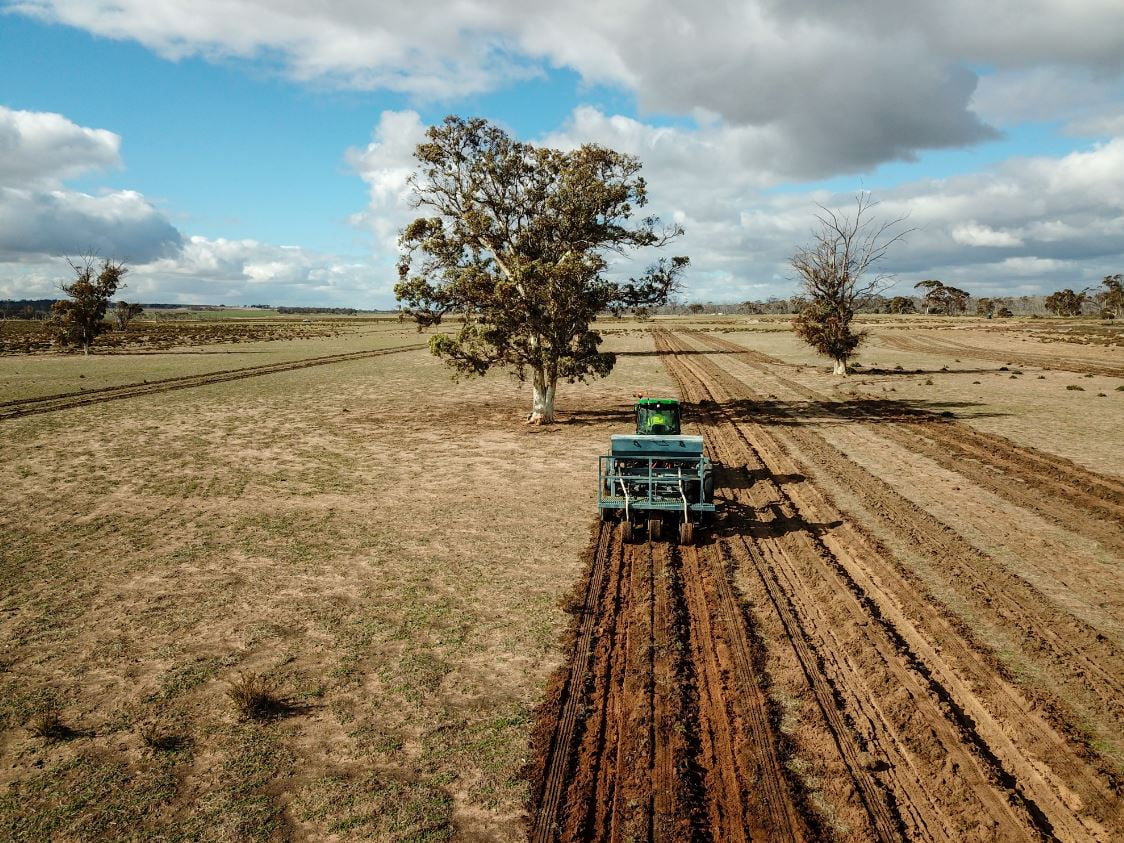It is easy to be distressed if you dwell too long on some of the facts around how our food is produced – unethical livestock conditions and farming practices that can strip the land of its soil and vegetation.
But in Western Australia a small company that promotes regenerative agricultural techniques that respect animals and build biodiversity and the ability of the land to capture carbon is fast gaining traction.
Wide Open Agriculture has just announced it will spend $1.6 million to construct a pilot plant and research facility at Kewdale in Perth to manufacture food-grade lupin and other plant based protein products.

While lupins are commonly used for high-protein animal feed, the factory will also process more familiar chickpeas, lentils and fava beans.
WOA has previously teamed up with CSIRO and Curtin University to create regenerative, lupin-based protein products.
Initial pilot production will be used by WOA’s Dirty Clean Food and Oat Up brands, which already cover an extensive range of carbon-neutral oat and goat milk drinks, grass fed meats, ethically raised pork and wild caught seafood.
The pilot will also create prototype products for third parties developing new products such as plant-based burgers, drinks, yoghurts and gluten-free alternatives.
Managing director Ben Cole said: “Our in-house pilot plant will offer WOA unmatched global capability and know-how in the production of lupin-based proteins with a unique techno-function sourced from WA’s leading regenerative farms.”
Regenerative agriculture is a system of farming practices that increases biodiversity, enriches soils and captures carbon in soil and aboveground biomass – a sharp contrast to the high carbon footprint associated with many current staples such as farmed fish and beef.
WOA has patented its processes for protein extraction and modification and already has markets for its own brands in Australia and South-East Asia.
With demand outstripping supply in today’s plant-based protein market, estimated to be worth $26.66 billion annually, we will be hearing a lot molre about processors such as WOA.
This story was originally published by @AuManufacturing. You can subscribe to the @AuManufacturing newsletter here.
Do you know more? Contact James Riley via Email.
